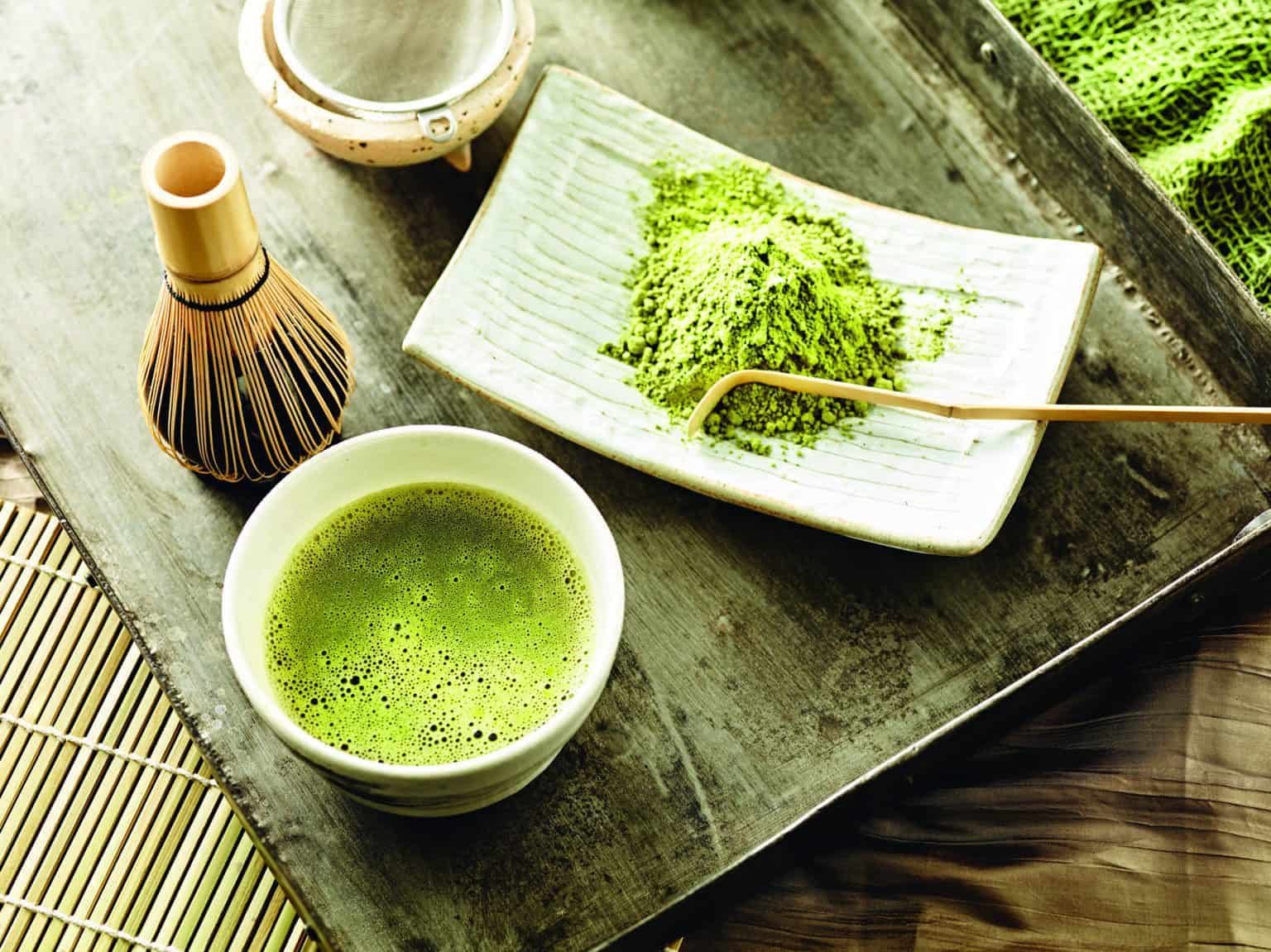
Health&Tea caffeine data Milligram of caffeine per 8 fl. Our lab analysis shows that Choco Black Tea has less caffeine than Spring Breeze Green Tea. For example, it is a common belief that black teas have more caffeine than green teas. It is not possible to estimate the caffeine content of a tea based on its type. The longer the steeping time and the more amount of loose tea leaves, the more caffeine in tea. Additionally, caffeine content may vary based on brewing time, the amount of tea, and whether the tea is loose or in tea bags, etc. . Thus, green, white, and oolong teas have less caffeine than black tea. Click here to see more caffeine comparisons from Harvard School of Public Health.īlack tea generally has more caffeine than teas that are less or non-oxidized.

The HSPH’s caffeine comparison determined that the caffeine amount in three cups of generic brewed coffee equals the caffeine amount in seven cups of tea. According to the USDA National Nutrient Database (2010, Release 23), a cup of black tea contains about half as much caffeine as a cup of coffee (47mg caffeine in tea vs. Caffeine and TeaĪll teas contain caffeine unless they are intentionally decaffeinated during processing. In particular, both IFIC and HSPH resources point out that pregnant women, children, older individuals, and people with a history of heart disease should be careful with their caffeine intake and consult with a doctor. The report discussed the potential benefits of moderate caffeine consumption on mental and physical performance, and its potential to reduce risks of Diabetes, Parkinson’s, and other diseases.
CAFFEINE IN GREEN TEA UPDATE
Similarly, in 2008, the International Food Information Council Foundation (IFIC Foundation) provided a comprehensive update on the research on caffeine and health in a report titled “Caffeine & Health: Clarifying the Controversies.” The IFIC suggests in the report, “For the healthy adult population, moderate caffeine consumption of 300 mg per day is safe and can even have beneficial health implications as a part of a healthful diet and physically active lifestyle” . According to the HSPH’s healthy beverage guidelines, up to three or four cups of coffee or tea per day appear to be fine for healthy adults . Moreover, the Harvard School of Public Health (HSPH) suggests that moderatecaffeine consumption may have some beneficial health effects, as found in some scientific studies , including potential effects against type 2 diabetes , reduced risk of coronary heart disease , etc. In a report of the safety of dietary caffeine in 1981, the American Medical Association Council on Science suggested that “moderate tea or coffee drinkers probably need have no concern for their health relative to their caffeine consumption provided other lifestyle habits (diet, alcohol consumption) are moderate, as well.” Caffeine research receives intensive attention from scientists and food/beverage industries.


Caffeine is a natural chemical found in such items as tea leaves and coffee beans.


 0 kommentar(er)
0 kommentar(er)
